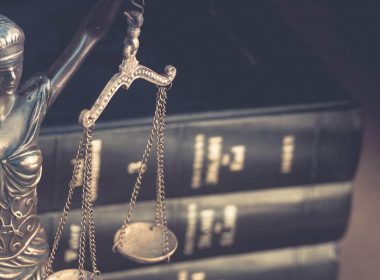Snapshot
- Lawyers must be aware of regulatory debates surrounding blockchain or distributed ledger technology (defined in this article), and be in a position to advise clients about unique challenges created by the technology.
- Blockchains require robust governance structures to be effective. Lawyers will play a role in negotiating and drafting these frameworks.
- Smart contracts have the potential to change how lawyers work on a day to day basis, but are not faultless and must be utilised with caution.
Blockchain and distributed ledger technology have been the subject of major hype in 2016. Businesses across many industries are considering the potential benefits of this technology – a trusted and immutable record shared across parties through a tamperproof network, potentially reducing costs, increasing automation and removing manual processing. Many businesses are already investing considerable time and money into the technology, particularly in financial services.
However, this technological change is not without its legal challenges, and lawyers may be increasingly asked to consider the issues which arise from the implementation of blockchain technology. There are three key ways in which lawyers will assist clients in tackling these challenges:
- First, each application of this technology will likely intersect with some area of the existing legal and regulatory landscape. Lawyers will be involved in advising clients on navigating these issues, including where the nature of the technology challenges existing assumptions in the law.
- Second, lawyers have a crucial role to play in understanding the risks in implementing blockchain solutions and protecting the interests of participants and users through robust governance arrangements.
- Third, smart contracts built on distributed ledgers could automate the way some standard contracts are entered into and performed, but will also raise challenging issues when things don’t go according to plan.




